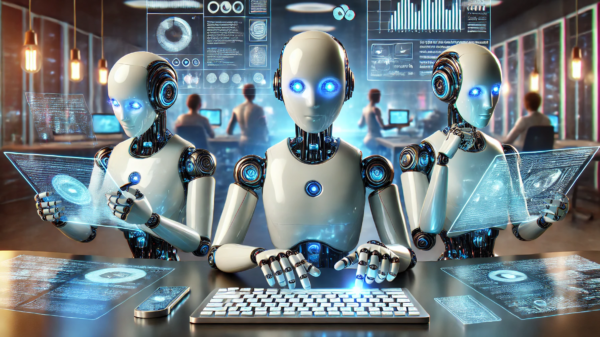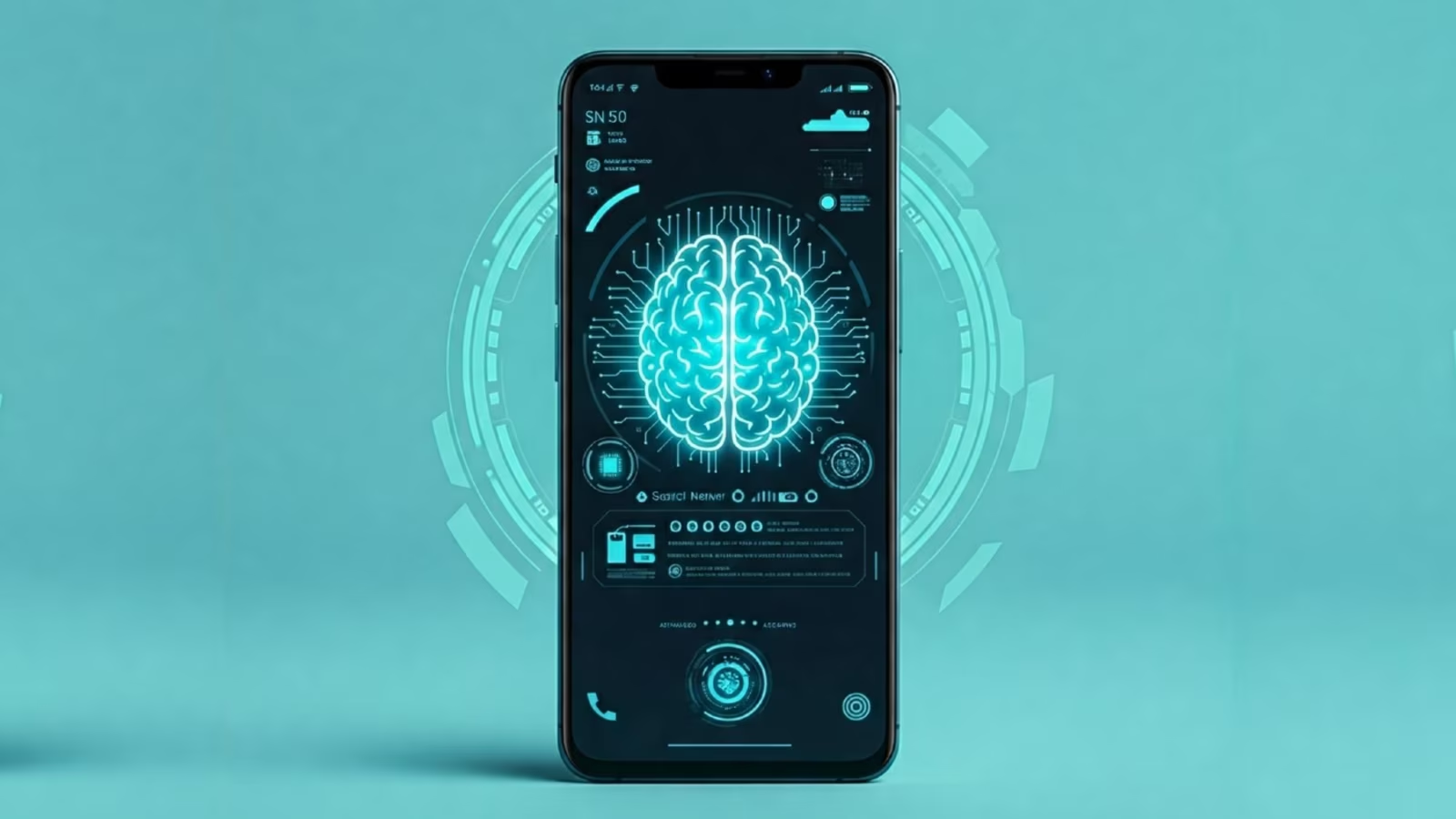AI Features Dominate Tech Landscape Heading into 2025
AI’s Expanding Influence Across Industries
Artificial intelligence (AI) is no longer a futuristic concept; it has become an integral part of everyday technology. As we enter 2025, AI-driven innovations are shaping industries, streamlining operations, and enhancing user experiences across multiple domains.
Smartphones Redefined by AI Integration
Smartphone manufacturers are leveraging AI to enhance device performance. From AI-driven photography to real-time language translation, flagship devices now come equipped with sophisticated AI algorithms that improve user interaction and efficiency.
AI-Powered Chatbots and Virtual Assistants
The rise of AI-powered chatbots like Google’s Gemini, OpenAI’s ChatGPT, and Amazon’s Alexa is revolutionizing customer service and digital communication. These AI models are becoming more human-like in their interactions, offering personalized assistance and predictive recommendations.
Generative AI in Content Creation
Generative AI tools are transforming how digital content is produced. Platforms such as Adobe Firefly and Microsoft Copilot enable users to generate text, images, and videos with minimal effort, redefining content marketing and creative industries.
AI in Healthcare: Personalized and Predictive Care
The healthcare sector is leveraging AI for diagnostics, predictive analytics, and robotic-assisted surgeries. AI-driven tools can analyze vast amounts of medical data, assisting doctors in making faster and more accurate diagnoses.
Autonomous Vehicles Advancing with AI
Self-driving technology is evolving, with AI improving navigation, safety, and efficiency. Companies like Tesla, Waymo, and GM are integrating AI-powered sensors and decision-making systems to make autonomous driving more reliable.
AI in Finance: Smarter Fraud Detection and Trading
Financial institutions are using AI for fraud detection, risk assessment, and algorithmic trading. AI-driven fintech solutions are making banking more secure and investment strategies more data-driven.
Retail and E-commerce Optimization with AI
AI is enhancing customer experience in retail by enabling virtual try-ons, personalized shopping experiences, and predictive inventory management. AI-driven chatbots are also improving customer support in e-commerce.
AI-Enhanced Cybersecurity
As cyber threats grow more sophisticated, AI is playing a critical role in detecting and preventing cyberattacks. AI-driven security systems can analyze patterns, detect anomalies, and respond to threats in real time.
AI and the Future of Work
Workplaces are adopting AI to automate repetitive tasks, enhance productivity, and optimize workflows. AI-driven HR tools assist in recruitment, performance tracking, and employee engagement strategies.
AI in Education: Personalized Learning Experiences
AI is transforming education by offering adaptive learning platforms that cater to individual student needs. AI tutors and automated grading systems are making education more accessible and efficient.
The Role of AI in Smart Homes
AI is at the heart of smart home ecosystems, from AI-powered voice assistants to automated lighting and energy management. These innovations are making homes more efficient and responsive to user preferences.
Ethical Concerns and AI Regulation
Despite its benefits, AI also raises ethical and privacy concerns. Governments and regulatory bodies are working on frameworks to ensure responsible AI development, addressing issues such as bias, misinformation, and data privacy.
AI’s Influence on Creative Industries
AI is being used in music, film, and art creation, challenging traditional roles in the creative industry. While AI-generated content opens new possibilities, it also sparks debates about originality and authorship.
Conclusion: AI’s Role in Shaping the Future
As AI continues to evolve, its integration across industries will only deepen. While it presents immense opportunities, it also necessitates responsible development and ethical considerations. Heading into 2025, AI will be a defining force in technological innovation, shaping the way we live, work, and interact with the digital world.




































